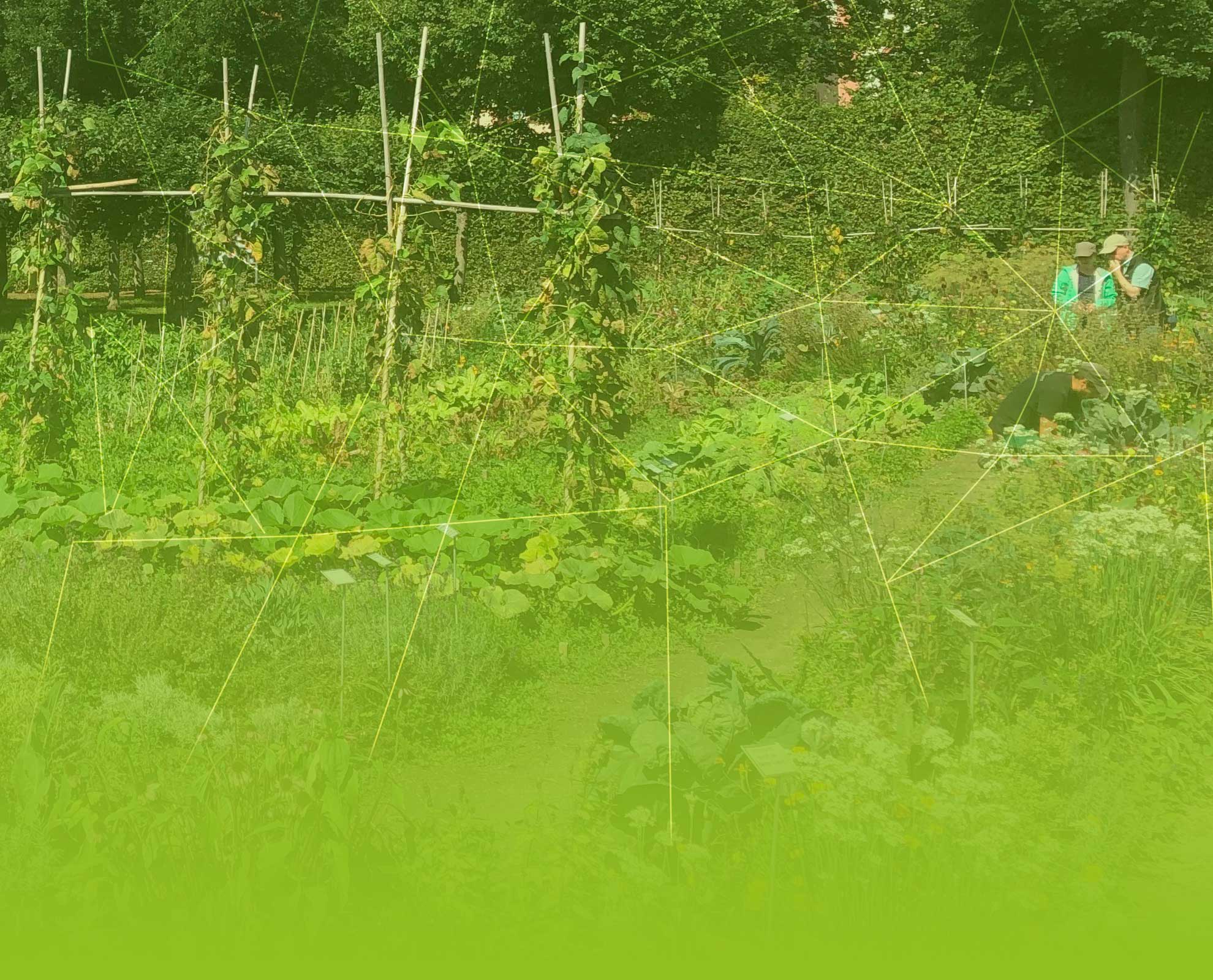Situation and research questions
For several years, various forms of collaborative consumption have shown dynamic growth. This is evident in the increasing number of different services, such as car pooling. With these business models, the focus lies not on ownership but on access to products. Mobile internet and digital networks are important drivers. Societal changes, such as the shift to a more pragmatic relationship to owning goods, are fostering this trend. A concrete manifestation of collaborative consumption is peer-to-peer sharing, which is the rental, sale or purchase of products between private individuals with the help of innovative internet platforms. Until now, this approach had been a niche phenomenon. However, in some sectors it has already gained significant ground in parts of the economy and wider society. But how can collaborative consumption contribute to protecting natural resources? What are the impacts of the spread of such net business models? Under which conditions can sharing foster socio-environmental change? The research project “PeerSharing” will seek to answer these questions.
Project goals
The project aims to assess the sustainability potential of peer-to-peer sharing. With the help of a strong partnership with practioners, the project shall contribute to a professionalization of the platforms and their establishment as a sustainable consumer alternative. Through a dialogue with practice partners from sectors such as mobility (Drivy, flinc), accommodation (Wimdu) and clothing (Kleiderkreise), the environmental and social impacts of peer-sharing will be examined. The project will also determine to which extent rebound effects can occur.
Furthermore, hampering and fostering factors for the carrying capacity and distribution of the sharing approach will be identified on the level of business models and political-legal frameworks. The research will also involve an analysis of user behavior, including not only motives and obstacles, but also the role of routines and lifestyles in the acceptance of peer-to-peer sharing.
Dialogue between science and practice
The continuous exchange between science and practice is a central aspect of PeerSharing. Over the whole project duration, an intensive dialogue with project target groups will be established. These target groups include providers of peer-to-peer sharing platforms, sustainability-oriented consumers as well as actors from politics, science and civil society. This will comprise several workshops with platform providers, two stakeholder dialogues as well as interactions with sharing platform users within the scope of qualitative and quantitative surveys or via the online community Utopia.
Dr. Gerd Scholl, Institut für ökologische Wirtschaftsforschung (IÖW) GmbH




